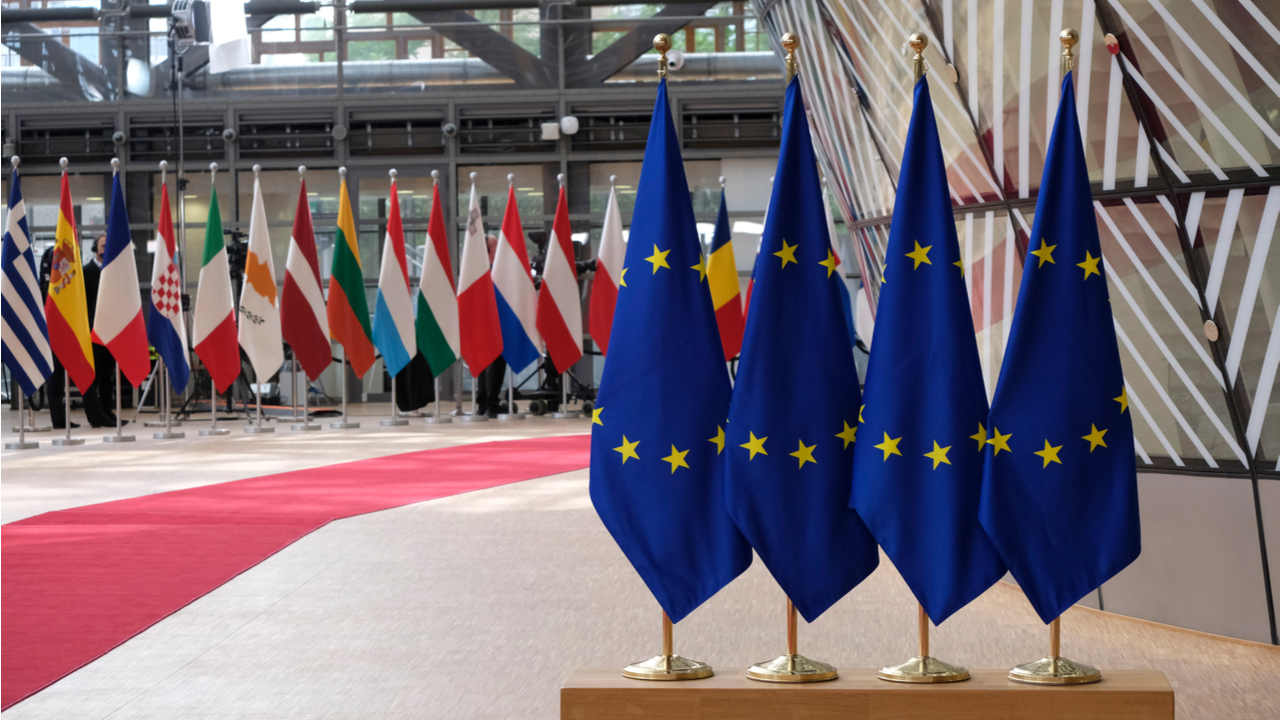
European institutions came to an interim agreement over a series of EU regulations. These will impose on crypto companies the responsibility to stop money laundering as well as other criminal activities that may involve digital assets. The progress comes as the Union seeks to comprehensively regulate the continent’s cryptocurrency market.
EU officials and lawmakers agree on AML measures in crypto space
Negotiators representing the key participants in the EU’s decision-making process have reached an agreement on anti-money laundering (AML) rules that will require businesses in the crypto industry to verify the identities of their customers and report suspicious transactions. In the future, Europe’s Transfer of Funds Regulation (ToFR) will also cover cryptocurrency transactions.
While the final regulations need to be completed and approved by European institutions, this provisional deal indicates that there will soon be tightening in the sector. According to the European Parliament, and EU Council on Wednesday, crypto companies will need to help financial authorities crack down against dirty money.
Reuters, citing a statement released by the official, reported that improved oversight would allow for crypto assets to be tracked in much the same way as money transfers. The news agency quoted Ernest Urtasun from the Spanish Green Party, who participated in the process.
New rules allow law enforcement personnel to connect certain transactions to criminal activities, and to find the person responsible.
The EU bodies further noted that the rules would also cover ‘unhosted‘ crypto wallets, a term used by European officials to designate wallets held by private individuals that are not managed by a licensed platform. That will apply to transactions with crypto service providers exceeding €1,000 in fiat value (around $1,040).
However, the industry has not responded enthusiastically to these proposals. Businesses that deal with crypto assets sent a mid-April letter to 27 EU members’ finance ministers requesting them to follow the FATF standards.
The EU will seek agreement Thursday on a wide-ranging framework to govern crypto-related activities throughout the Union. The European Parliament members and EU representatives must align their views on the Markets in Crypto Assets legislation proposal. It is anticipated that it will enter into force by the end of next Year. The period of 18 months for crypto firms to get a MiCA license in order to allow them to work within the European Union will be up.
Which impact will EU regulations on crypto have? Please leave your comments below.
Image credit: Shutterstock, Pixabay, Wiki Commons, Alexandros Michailidis
DisclaimerThis article serves informational purposes. It does not constitute an offer, solicitation, or recommendation of products or services. Bitcoin.com doesn’t offer investment, tax or legal advice. This article does not contain any information, products, or advice that can be used to cause or alleged result in any kind of damage.